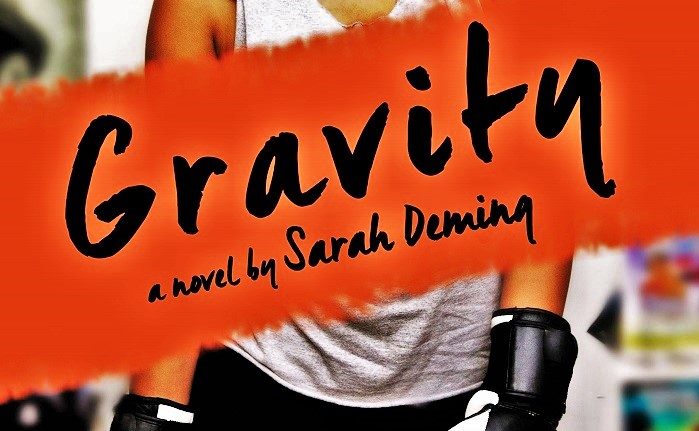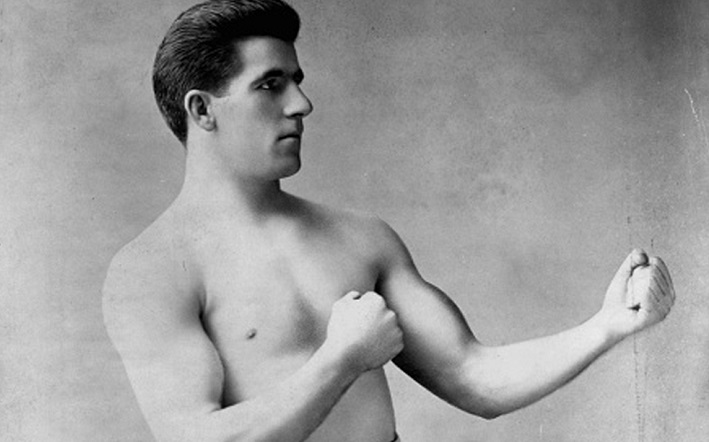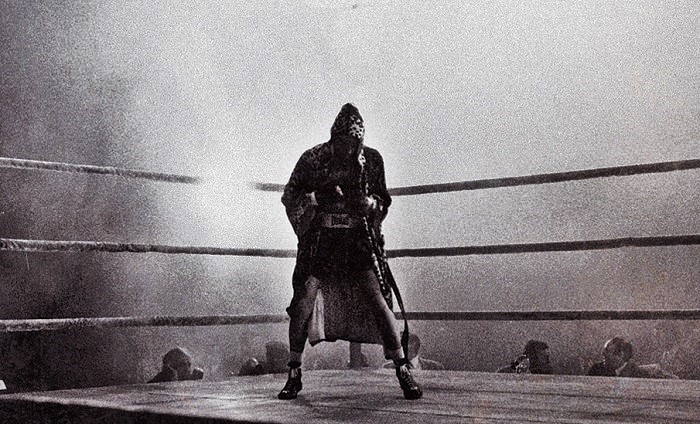Gravity
In recent years women’s boxing has taken huge strides forward, its participants commanding more attention than ever before. Had the pandemic not hit, the Tokyo Olympics would have been the third Olympic Games to feature a tournament for female pugilists and the Olympic platform has already launched the careers of stars like Katie Taylor, Mikayla Meyer, and, of course, Claressa Shields. All of this makes Gravity by Sarah Deming a welcome and timely addition to the boxing literary canon.
In her work as a journalist, Deming covered Shields, and the author is open about the fact that the pride of Flint, Michigan is one of the inspirations for her novel. However, Gravity is not a thinly veiled telling of Sheilds’s rise to prominence, but something more. It is a literary take on “the sweet science” from a new perspective and for a new generation of readers.

Deming’s teenage protagonist, Gravity Delgado, has a mother who ignores her, a father she hasn’t seen in years, and a younger brother who has become her responsibility. She also has a knack for breaking things and the story begins when she walks into a Brooklyn boxing gym and begins harnessing that destructive talent by working with the gruff Coach Thomas. She quickly finds success in the ring and the story follows her journey from the city’s Golden Gloves tournament to the Olympics.
Deming renders the details of boxing to perfection in this story, no surprise as she’s both an experienced writer and a former Golden Gloves champion. All of the fight scenes are strikingly authentic and the reader gets a visceral sense of the action, from what it feels like to be punched, to finding the strength to keep fighting when you’re exhausted, to the feeling of having your hand raised at the end of a grueling battle.
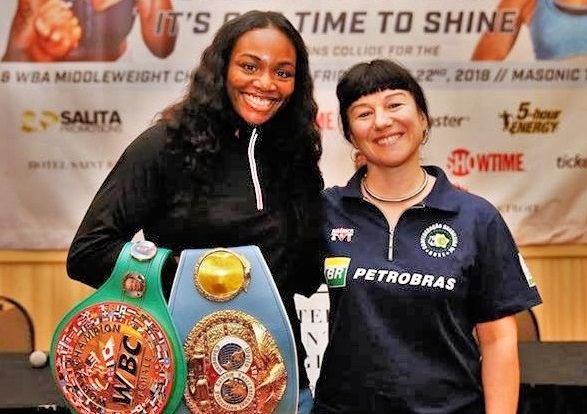
Naturally, Gravity takes some heavy blows on her long journey to the Olympics:
The Chinese champion was that dangerous thing: a southpaw with an educated right hand. She began stabbing the right jab to the body and head, then hooking off it, up and down. She had fast feet, and whenever she scored with the hook downstairs, she dug in, right where she knew Gravity was vulnerable.
But she also dishes them out:
Gravity took the openings where she found them, sliding to one side or the other to dig left hooks to the liver or right uppercuts to the ribs. Body shots were money in the bank.
But what most distinguishes Deming’s novel from other fight writing is the way Gravity tackles the realities of being both a fledgling boxer and a teenager. Stories of fighters withdrawing from society to train are commonplace—think Oscar De La Hoya at Big Bear Lake, or Marvelous Marvin Hagler isolating himself in Cape Cod—but Gravity Delgado must prepare for her fights while navigating the chaotic streets of New York City, a broken home, volatile teenage friendships, and the tumultuous crossover of romance and lust unique to the teenage years.
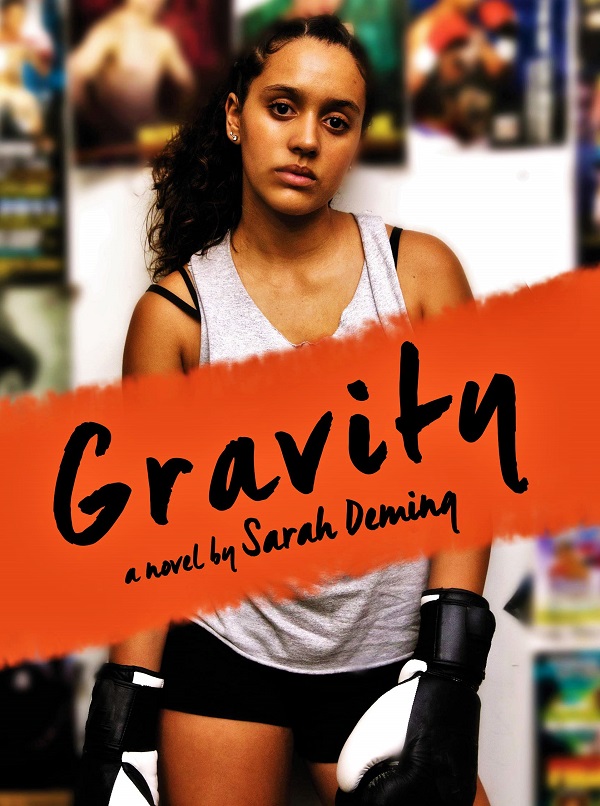
The other well-known novel about a teenage boxer that comes to mind when reading Gravity is The Power of One, but that story is set in such a different place and time as to be incomparable. Deming’s is a novel distinctly about contemporary teenage life and, specifically, a teenage girl, and that sets it apart on the long shelf of great boxing books.
Deming’s depictions of how teenage girls think about boys, the agony of cutting weight, and the nature of female friendships in a male dominated sport are all candid and evocative. For example, a group of young boxers celebrate the end of an amateur tournament by congregating at a dance club and Deming creates a vivid portrait of young athletes, all in fighting shape, finally relaxing after the intensity of the competition. Some have just fought each other, some are lusting after each other, and the scene becomes a microcosm of the complex interpersonal dynamics at play through the story: “There is no dance floor in the world better than one filled with boxers and trainers, after the fights are done.”
In this way, Deming distinguishes her novel from the most famous piece of fiction about a female boxer, Million Dollar Baby. Deming is no fan of FX Toole’s story, or Clint Eastwood’s film adaptation, and she succeeds in creating a character who is almost antithetical to Maggie Fitzgerald. Gravity achieves success without having to pay a tragic price, while benefiting from the support of a cast of strong women who all see no contradiction in embracing fighting and femininity.
This is a book written for young adults but with its fine prose and strongly drawn characters it is not only accessible to teenagers but linguistically artful in a way any reader can appreciate. But what most sticks with me is the new ground Gravity breaks in how it portrays a young, female pugilist. While reading it, I kept thinking of my daughter watching boxing with me and seeing Katie Taylor perform in an undercard match. Naturally, she focused more on that bout than the heavyweight main event. The best compliment I can pay to Deming is that I can’t wait for the time when I can talk about her book with my daughter. — Joshua Isard

